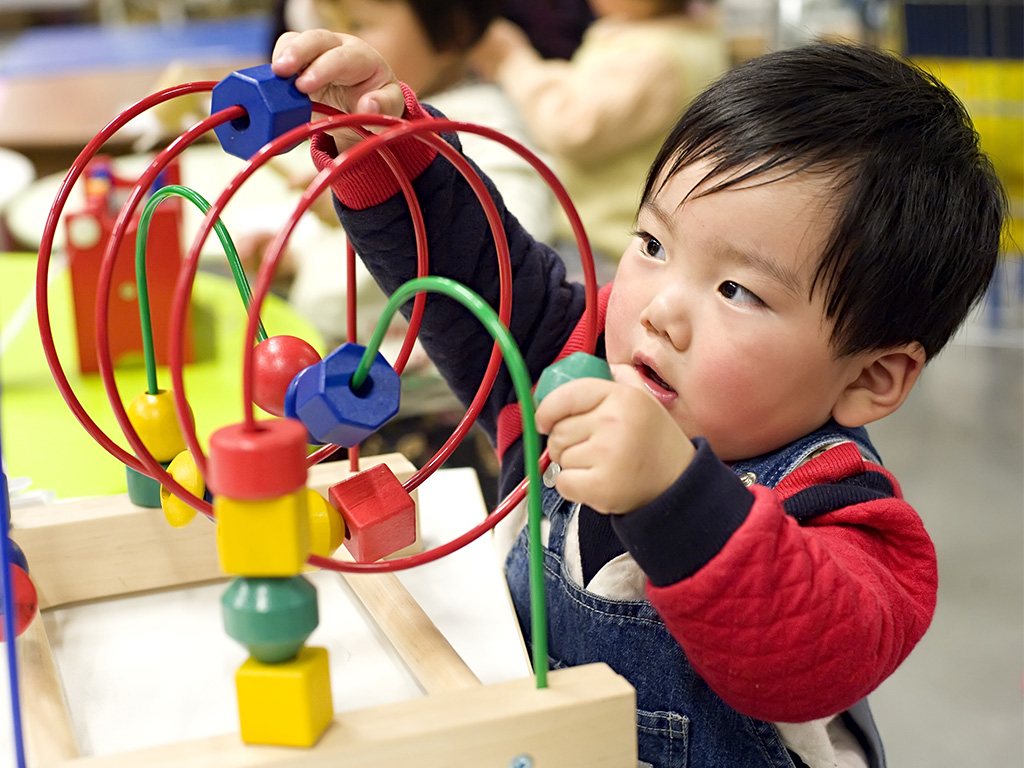 What happens after I make contact?
What happens after I make contact?
Once an initial contact has been made, a free, no obligation telephone consultation can provide you with information about the services I provide. This will also help me to begin to develop an understanding of your child’s needs to determine if an assessment is appropriate.
Initial assessment pack
Following this if you would like to progress, we can arrange a date for an assessment in clinic, at your home or via video link. At this time an initial assessment pack, including an invoice (to be paid the day of assessment), terms of service, consents and initial speech, language and communication history will be sent to you to complete and return.
Why do we have to assess?
The aim of assessment is to gain a detailed picture of your child’s speech, language, and communication skills. It is used to identify and evaluate how they use their speech, language and communication skills to understand and interact with the world around them. It can help to identify your child’s areas of need and their impact on daily activities, to prioritise concerns, to observe the impact of your child’s speech, language and communication skills in their natural day to day environments, to observe their social interactions with others and to profile their strengths and weaknesses.
What does a Speech Therapy assessment look like?
The actual format of each assessment can look very different depending on a number of factors, including your specific concerns, your child’s age, stage of development, attention skills, contributing factors such as physical abilities, and what areas of skills are being focussed on. It may include a combination of informal observation/discussion and formal assessments. With younger children, assessment is often more play based.
An assessment appropriate to you will be chosen which usually lasts between 60-90 minutes.
Assessment can also often involve reading reports from other professionals who have been involved with your child. On occasion in more complex cases, further assessment may be necessary. It is also sometimes beneficial to observe a child in more than one setting. Any additional costs would then be discussed with you before assessing further.
What is the difference between formal and informal assessment?
Formal assessments provide information on how a child progresses over time and where they compare to their average age group. They can also be useful tools to help diagnose whether a child has difficulties indicative of a delay (when a child’s speech and/or language is developing in the right sequence, but at a slower rate than typically seen) or a disorder (when speech and/or language development does NOT follow the usual pattern or sequence that children gain certain skills). Formal assessments can also be very useful in helping to inform certain therapy or treatment options that could be carried out to benefit the child.
Informal assessments are devised by the therapist and are much more flexible than formal assessments. They can assess a child’s speech, language and communication in different environments and in ways to suit them. For some children, informal assessments may benefit them as they are allowed the best opportunity to achieve what they are most able. They are very specific to your child but do not allow an objective view on where the child is in comparison to their peers.
 What happens after the assessment?
What happens after the assessment?
I will provide you with immediate verbal feedback on the day of assessment and advise if I think your child would benefit from direct 1:1 therapy, being reviewed in a few months’ time or from following a therapy programme devised by the therapist but run by parents and/or education staff.
Treatment options can be discussed, and you can ask as many questions as you wish. I will then provide you with a detailed written report covering all my assessment findings and including targets and recommendations if deemed appropriate.
I may also suggest referral to other services including, Physiotherapy, Occupational Therapy, Psychologists and Paediatricians.



